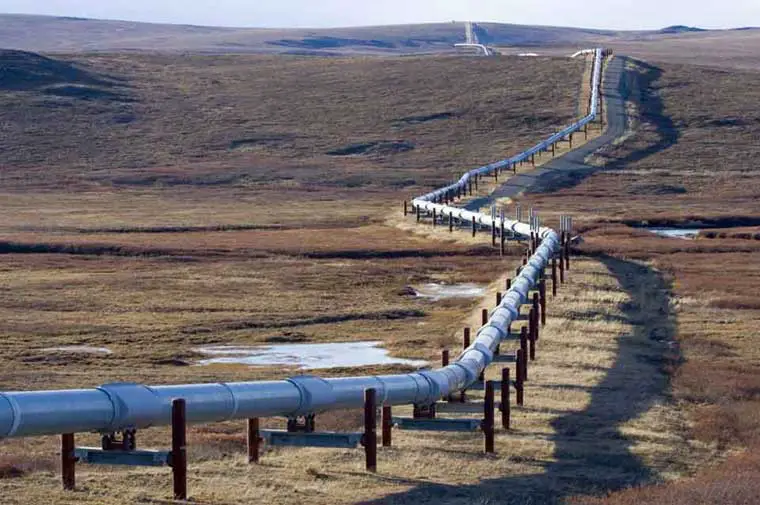The government of Tanzania has announced plans to construct a 30km pipeline network from the capital Dar es Salaam to the nearby town of Bagamoyo. This is in line with the government’s plans to extend its natural gas supply network in order to provide cheaper energy for factories and households.
Tanzania has been eager to expand its pipeline network in order to supply natural gas to more towns to allow households and factories to replace more costly sources of energy such as imported diesel and coal with environmentally friendly and affordable natural gas.
Implementation of the project
The state-run Tanzania Petroleum Development Corporation (TPDC) official Evaline Rweikiza who is in charge of the expansion project said that a tender to select the developer will be announced in early October to spearhead the implementation of the project.
According to Ms. Rweikiza the pipeline will be completed in the next one and half years. “The project targets all factories, households, and institutions along the pipeline to Bagamoyo. We expect the pipeline to be completed in the 2020/2021 financial year,” she added.
Also Read:Uganda and Tanzania to sign US $3.5bn pipeline deal
Increasing natural gas uptake
Bagamoyo, a fast-growing town in Eastern Tanzania is home to a range of medium-sized factories which produce various products including beverages and steel metals. Moreover, Tanzania is currently pushing to increase the uptake of natural gas compared to other forms of energy as one way of facilitating President John Magufuli’s industrial drive agenda.
Currently, the country generates more than half of its electricity from natural gas as it pushes to make it 100%. Tanzania energy Minister Dr. Medard Kalemani said earlier this year that the country’s natural gas consumption had increased by 84% to 59.2 billion cubic feet in 2018 from three years earlier. Moreover, the country boasts of an estimate of 57 trillion cubic feet recoverable gas reserves which are mostly in the southern offshore fields.

